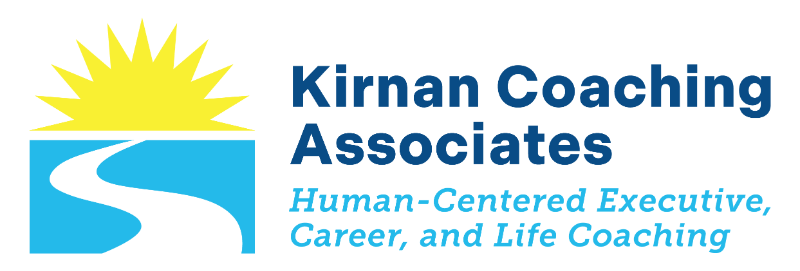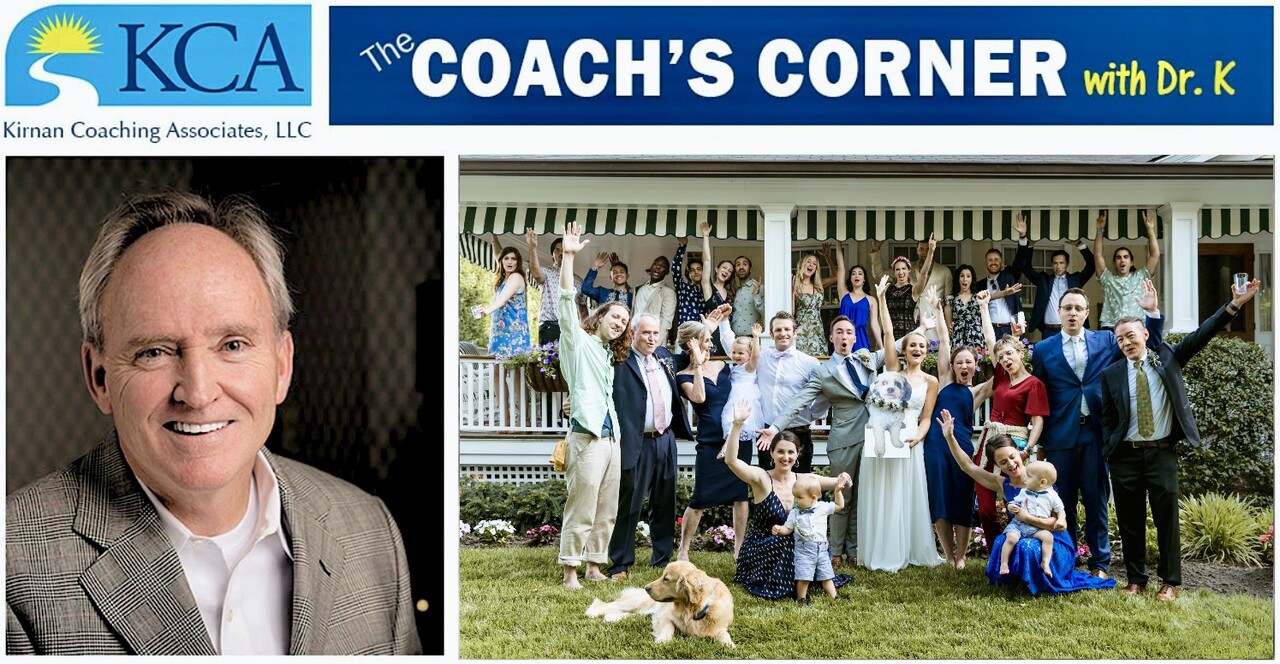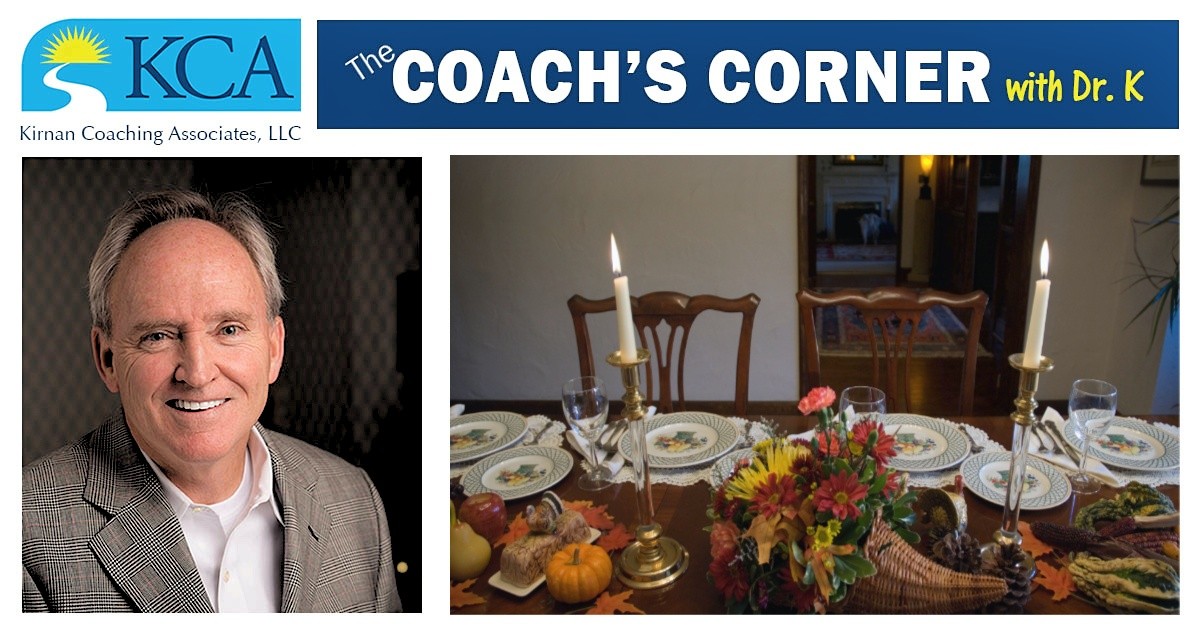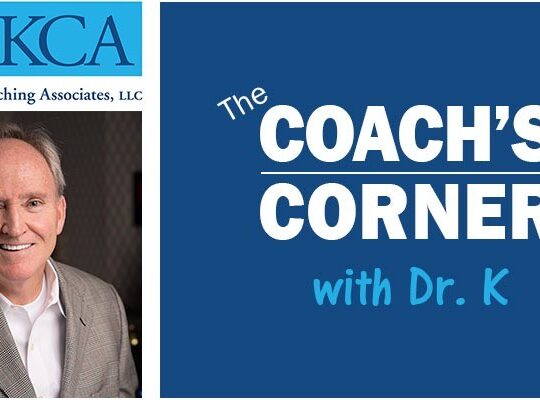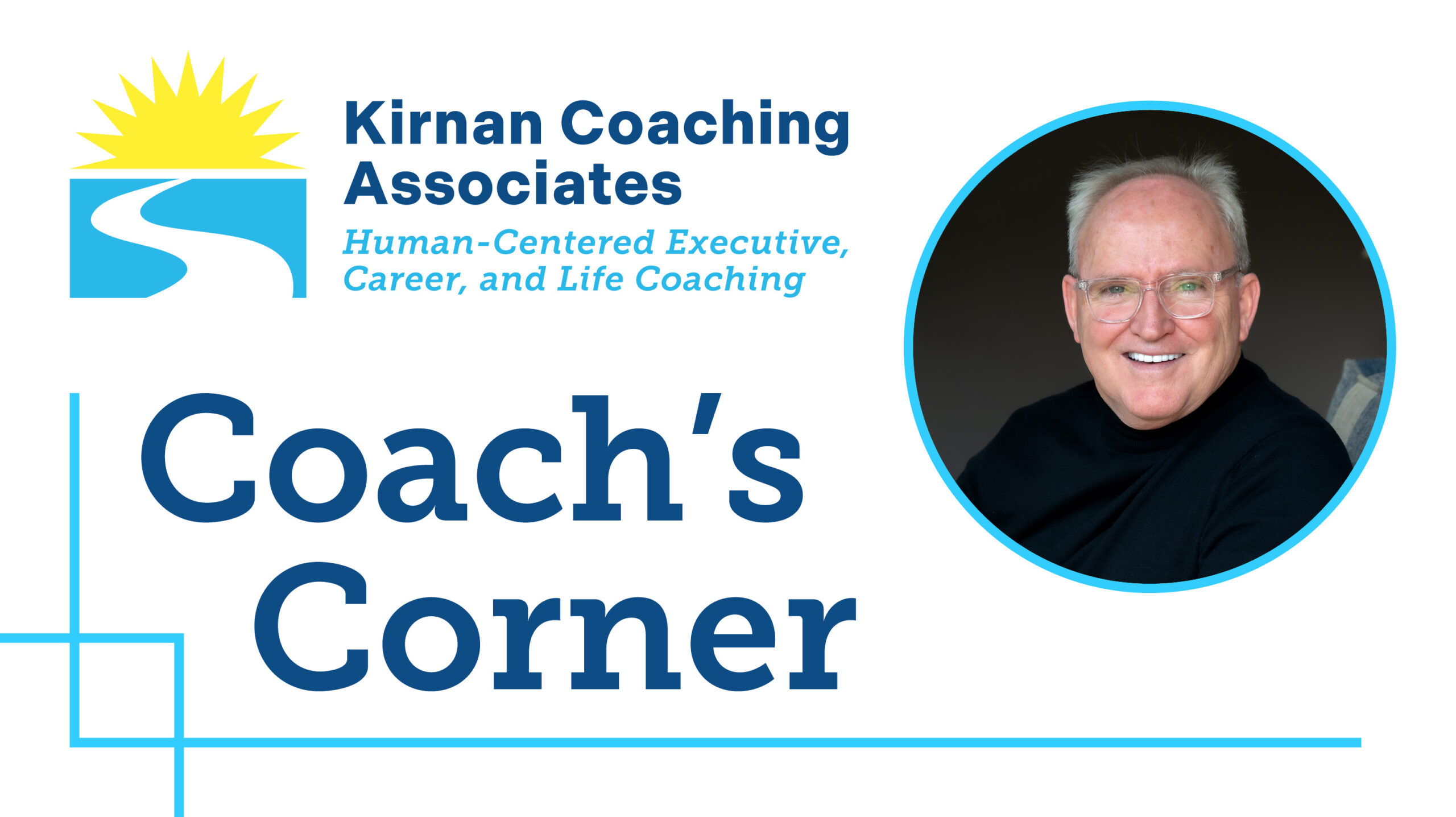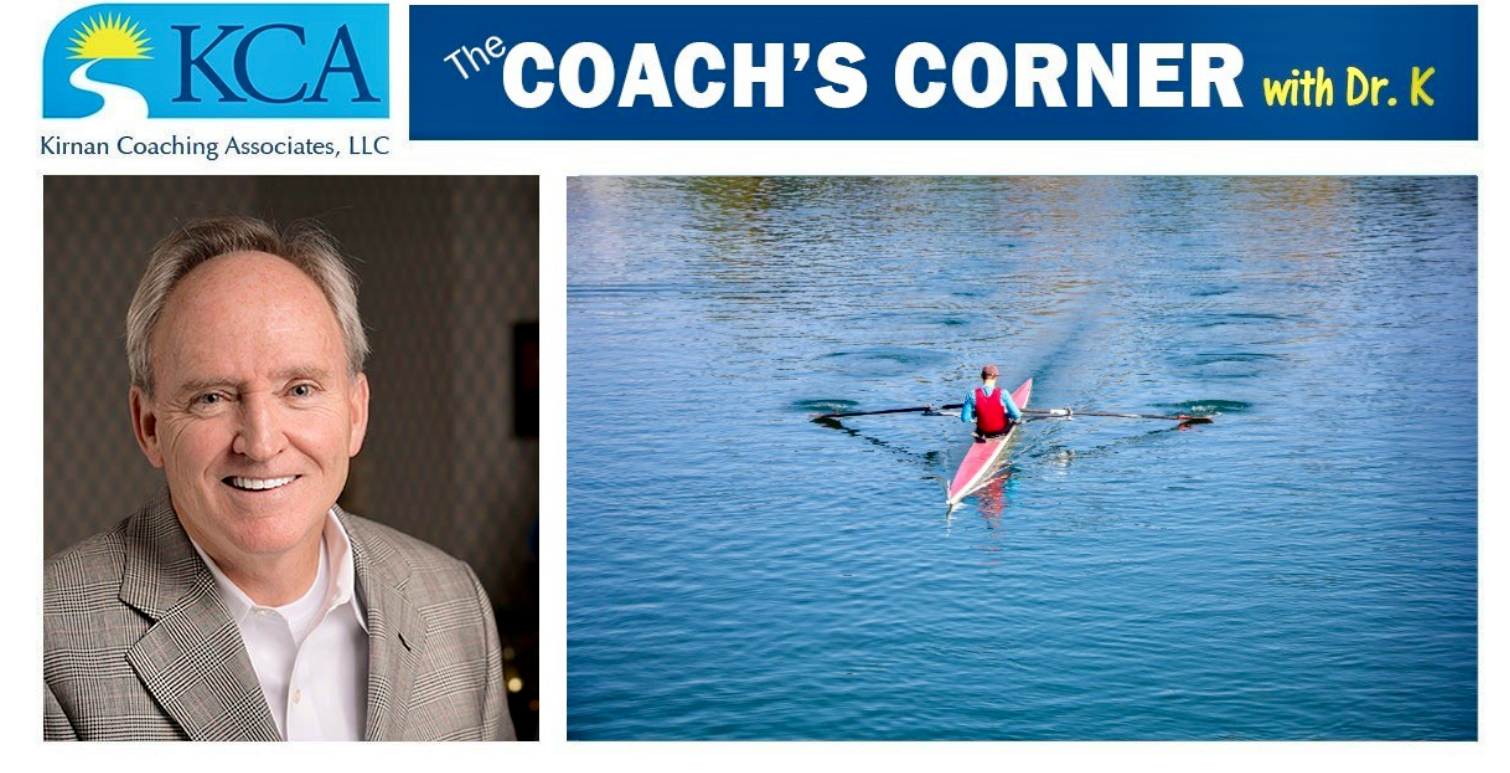“Things that matter most must never be at the mercy of things that matter least”. Johann Wolfgang Von Goethe
The Constant Tug of War Between Our Clock and Our Compass
Managing our daily tasks and activities has always been a challenge even before the global pandemic hit in March 2020. The “busyness” associated with a calendar that is chock full of endless meetings, zoom calls, appointments, and outside commitments are often the major source of a lot of the stress, anxiety, and burnout many of us have experienced at different periods in our lives. How often have you found yourself saying “I wish I had more time to get things done!” In conceptual terms, our Clock represents how well we manage our time and so we are always looking for new tools and apps that can increase our efficiency by squeezing more and more tasks and activities into our daily and weekly routines. But as

significant as technology may have been in our own Time Management experience, there is no guarantee that we are doing enough of the right things that are embedded in our Compass – i.e., those first things that matter the most to us in life like our purpose, our mission, our relationships, our values and principles, and our key priorities that were laid out so brilliantly by Steven Covey in his best-selling book Putting First Things First.
For many of us, that constant tug of war between our Clock and our Compass was exacerbated during COVID-19 by even larger perceived gaps in the actual time we were devoting to many of our First Things like our relationships, in the things that bring us the inner peace we have always yearned for, and in that balance we continually strive for in our personal life and career. Our clocks seemed to tick faster than ever during the pandemic while many of the First Things and priorities that defined our compass were either cancelled or postponed because of the protocols and restrictions that were understandably put in place to protect everyone’s health and safety. My priorities for 2020 were largely focused on my family relationships, especially the desire my wife and I had to be with our daughter’s family in California for the birth of our grandson; to be able to walk our other daughter down the aisle on her wedding day; and, to spend more one-on-one time with our son. My other major First Thing or priority was to deepen my spiritual relationship with the Lord by walking the Camino de Santiago, something I have been longing to do for the past 8 years and which had finally seemed possible as 2020 dawned.
Fortunately, and with the grace of God’s many blessings, most of my pre-COVID priorities that were cancelled have borne fruit these past few weeks as I was able to hold our grandson for the very first-time last month and savored the experience of spending much needed time with our daughter’s family and grandchildren after eighteen months of separation. We also celebrated our younger daughter’s wedding in our backyard last month in the company of family and many of their close friends. And, if my health holds up, I will depart for the Camino for my 480 mile walk across Spain on August 30th. As we head into the second half of 2021, now might be the perfect time to revisit how well you are managing your own Clock and to identify potential opportunities that can lead you to greater productivity, sharper focus, and personal fulfillment. It’s also a timely opportunity to reassess the boundaries in your personal life and work life, to revisit your own First Things and Compass and evaluate what priorities you would like to spend more time on as we move into this new post pandemic period.
The Eisenhower Time Management Matrix
“I have two kinds of problems, the urgent and the important. The urgent are not important, and the important are never urgent”. Dwight D. Eisenhower, 34th President of the United States, August 1954 Speech on the Campus of Northwestern University
A great way to begin a review of your Clock and Compass is to complete a Time Management Exercise that was initially developed by former U.S. President Dwight D. Eisenhower that examines your specific tasks and activities on the basis of whether they are urgent and/or important. The exercise is broken down into 4 Quadrants and is presented below along with some common examples of the type of tasks and activities that often characterize each Quadrant.

To begin the exercise, list every task and activity that you will need to complete over the next week or so and then place each activity into the appropriate Quadrant. Important is defined as those tasks and responsibilities that you know will contribute to the accomplishment of your goals, values, and long-term personal and professional mission. Urgent represents those tasks that require your immediate attention and are typically external in nature and often come with a specific deadline (Quadrant I). Most of us have an inherent tendency to believe that every task is Urgent and hence becomes a Quadrant I activity. However, urgency can become akin to an addiction and is associated with someone else’s goals and/or priorities (Quadrant III) which may not be as important as the urgent tasks that we place in Quadrant I. If we treat all of our tasks and activities as urgent, our Clock will soon become overwhelmed leaving us with very little time to be able to engage in the all-important Quadrant II activities that represent those important First Things and key priorities that Covey had spoken of, and which essentially define our inner Compass.
As you work through your own Eisenhower Time Management Matrix you will be able to better discern whether your allocation of time across your 4 Quadrants has changed at all from your pre-pandemic experience and if so, identify opportunities to delegate tasks from your Quadrant III activities and eliminate the time wasters, interrupters, and distractions from your Quadrant 4 activities. That savings in your Clock time management can then be reinvested in a more productive way towards your Quadrant II Compass activities. As an aside, many of the clients I have worked with during COVID-19 have mentioned the increased difficulty they have encountered in separating their work life from daily life, pressuring their boundaries and leaving them with less time to devote to their Quadrant II activities. Clients have also acknowledged that there are more distractions to contend with because of the physical separation and social isolation brought on by COVID protocols as well as the nature of more remote work. Hence, they are spending more time than they would like in Quadrant IV.
Identifying and Keeping Your First Things First – The Glass Jar, Big Rocks, Pebbles, and Sand Exercise
Mastering time management is one thing, but do we really know what our important First Things as we hopefully leave behind this most difficult period of the pandemic? Perhaps our First Things have changed precisely because of our experience of living through this pandemic. Maybe our First Things haven’t changed but we are now more determined to devote additional time to them and in protecting our precious boundaries. For many people around the world, First Things relating to work now include a greater desire to do a career pivot and in embracing more potential remote work opportunities as well as a more flexible work schedule that can offer a better balance in life and career. Reexamining priorities and putting your First Things first may require a change in some long-standing proclivities and habits that may be difficult to break but keep getting in the way or taking up too much time. Putting First Things first may mean that we have to say “No” to more people than ever before to provide the time we need to dedicate to our Quadrant II activities. It may require us to reassess and redefine what our boundaries need to be so that others will not overstep them.
One visual exercise that can help you assess and prioritize your First Things comes from Steven Covey who uses the imagery of a glass jar, rocks, pebbles, and sand to represent a typical week in your life. The rocks represent all of your First Things and main priorities you have identified that define your Compass and are included in your Quadrant II from the above Eisenhower Time Management Matrix exercise. The pebbles are your day-to-day responsibilities and those things in your life that clearly matter to you like your job, your house, your hobbies, your friendships but which are not critical to necessarily enjoy a meaningful life. Finally, the sand represents all of the unimportant things, the interruptions, and common distractions you get hit with on an everyday basis. If you were to start the exercise by pouring the sand into the glass jar first, followed by the pebbles, and then the rocks to illustrate your typical week, the rocks or your First Things and priorities won’t fit into the jar and will get placed on the back burner.
By contrast, if you were to begin the exercise by first placing your big rocks into the glass jar, followed by the pebbles, and then finally the sand, everything would fit neatly into the jar. In short, the glass jar really represents your Clock and how you manage your precious life. So, as you go through this exercise, what First Things or Big Rocks are important to you as we head into this new phase of the pandemic:
- Might there be First Things that explore opportunities for a new position or new career?
- Could your First Things include investing greater self-care for your physical, emotional, and mental health?
- Are there First Things that involve spending more time with family and loved ones that is centered on meeting each person where they are at the moment rather than the judgement of where you think they should be?
- Could your First Things set aside more time to find and enjoy those hobbies that provide you with more joy and personal fulfillment?
- Might there be First Things in your relationships and roles that offer an opportunity to lead with more understanding, gratitude, empathy, empowerment, authenticity, vulnerability, acceptance, and trust?
- Can your First Things be an opportunity to build stronger and deeper relationships that can reflect the interdependence of the many different roles you are taking on at this time in your life?
- Do any of your First Things embrace either personal or work relationships that are in need of repair or a new approach that is more reflective and where you can be a vessel for personal transformation, positive change, forgiveness, and renewal?
- Are any of your First Things opportunities for self-improvement and professional growth that haven’t been tapped yet and that could open a new door for you down the road?
- Could one of your First Things involve spending more time on your faith journey and spirituality that could lead you to greater inner peace and the legacy that you would like to leave behind to your loved ones?
Remember that as you begin to reassess your Clock and Compass it’s not just about doing things right and on time but it’s much more about doing the right things and putting your First Things first. Whatever those First Things may be for you in this next phase of the pandemic experience, be intentional and more proactive and invest the time you need in each of the important Quadrant II areas of your life. Only you know what those First Things are, and which can lead you to greater inner peace and personal fulfillment.
Daring To Dream Again?
As I get ready for my Camino experience next month, I find myself beginning to dream again, something that I had difficulty doing during the pandemic. I am dreaming of a renewed focus on my important relationships, not my schedule or how efficient my Clock management might be. I realize that too often my Clock tended to dominate my life during these past 66 years. I am dreaming of new ways I can intersect all of my life roles as a husband, father, brother, grandparent, Coach, colleague, friend, and a disciple of Christ. I am dreaming more and more about love and the many forms and manifestations it can take on in everyday moments of life and its importance to everything I believe in and in everything that I hope to embody in this next phase of my spiritual walk with the Lord.
I’ll leave you with the beautiful lyrics of a great song called Fill the World with Love from one of the great movies of my youth called Goodbye Mr. Chips. As the beautiful lyrics say so eloquently, whether you are in the sunrise, noontime, or evening of your life, Putting First Things First begins and ends with love and the question of did I fill the world with love my whole life through is one that only God can answer:
“In the evening of my life I shall look to the sunset. At the moment of my life when the night is due. And the question I shall ask only God can answer. Was I brave and strong and true? Did I fill the world with love my whole life through?”
May God bless all of my fellow coaches, clients, colleagues, and friends and may you always treasure your First Things,
Dr. K
